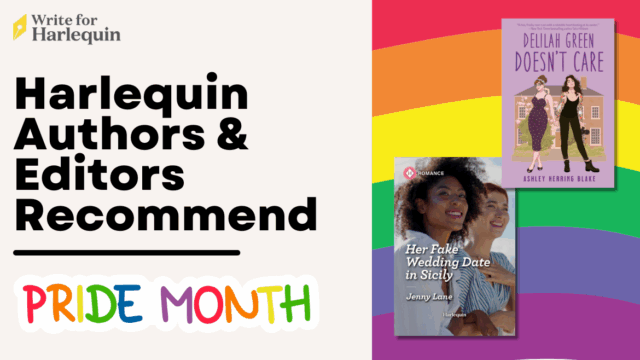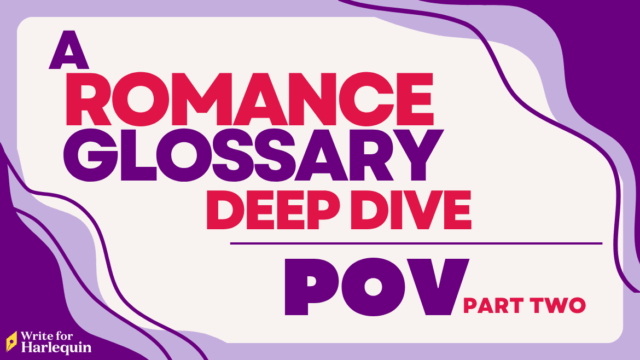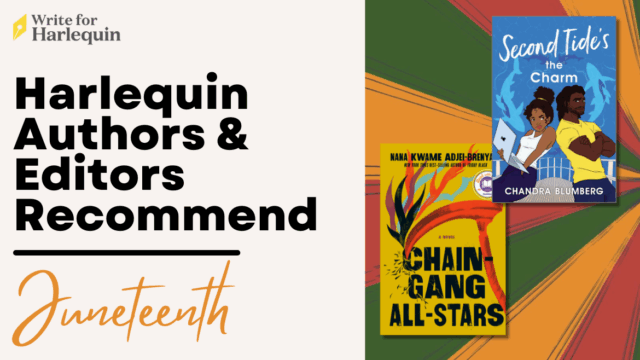
So You Think You Can Write will be temporarily closed next week for RWA!
Whether you’re off to RWA too, or plan to take advantage of this summer’s many conferences, workshops and online pitching sessions, it’s never a bad time to brush up on your pitching skills. Editor Emily Rodmell’s got you covered. And check out this great advice from Dare author JC Harroway!

So you’ve finished your manuscript, you’ve bought your ticket to conference and now…. the dreaded pitching looms.
Of course, it sounds daunting. It involves selling yourself and your story—something that doesn’t come naturally to many of us introverted writers—and it often leads to a dead end. Rejection Alley.
The above scenario certainly describes my first experience of pitching at Romance Writers of New Zealand 2015 conference. So why do that to yourself?
Why not just submit your story via the less terrifying, relative anonymity of the internet?
No face-to-face contact.
No questions.
No risk.
My second experience of pitching at RWNZ 2016 Conference still scared me, but I’d learned from the previous year that it wouldn’t kill me. The worst that could happen was my story would be rejected. And it was—it just wasn’t right for the line I’d pitched it to and didn’t excite the agents.
But I learned a lot from both my pitching experiences:
PREPARE Thinking about how to describe your story into a concise and engaging pitch of a couple of minutes long helps you to pin down what your story is really about—the high concept. Choose three words that encapsulate the message of your story and build your pitch around those words. And remember to practice!
SLUSH Pitching is like jumping the queue. Why allow your story to wallow in the slush pile when you can fast track it to an editor’s attention by pitching. They’ve asked you to send them your work. This allows you to add those magic words—requested manuscript—to the email you send.
HUMAN In my experience, the editors and agents were ALL polite, friendly and respectful—exactly the sort of people I want to work with, but I wouldn’t have known this without taking that leap and rocking up to pitch my story. And they may be nervous, too. We’re all human!
PROFESSIONAL Pitching tells editors and agents what kind of a person you are, too. So be punctual, friendly and respectful in return, and don’t be afraid to let your personality show—yes your story has to be good, but pitching can also be the beginning of a working relationship, so show them who you are.
QUESTIONS Pitching is a BRILLIANT opportunity to ask an industry expert a question or two. You have a golden one-to-one ten minutes with them, so have one or two questions prepared—what kind of stories are you looking for? Where do you see the trends in Romance leading? How can I improve my pitch for next time?
Despite the story I pitched being rejected, it was the questions I asked and the relationship I built with the editor during pitching and the informal chats over the conference weekend that eventually led to ‘THE CALL’, securing me a three book contract with Harlequin’s new for 2018 line DARE.
So be brave, be prepared and give it a go—you’ve got nothing to lose but a golden opportunity.
Oh, and good luck!
Website www.jcharroway@gmail.com
Facebook www.facebook.com/jcharroway
Twitter www.twitter.com/jcharroway
Instagram www.instagram.com/jcharroway
We’re taking a short break for the Romance Writers of America Conference next week! Maybe we’ll see you in New York, but if not, be sure to check back with us the week after next!





